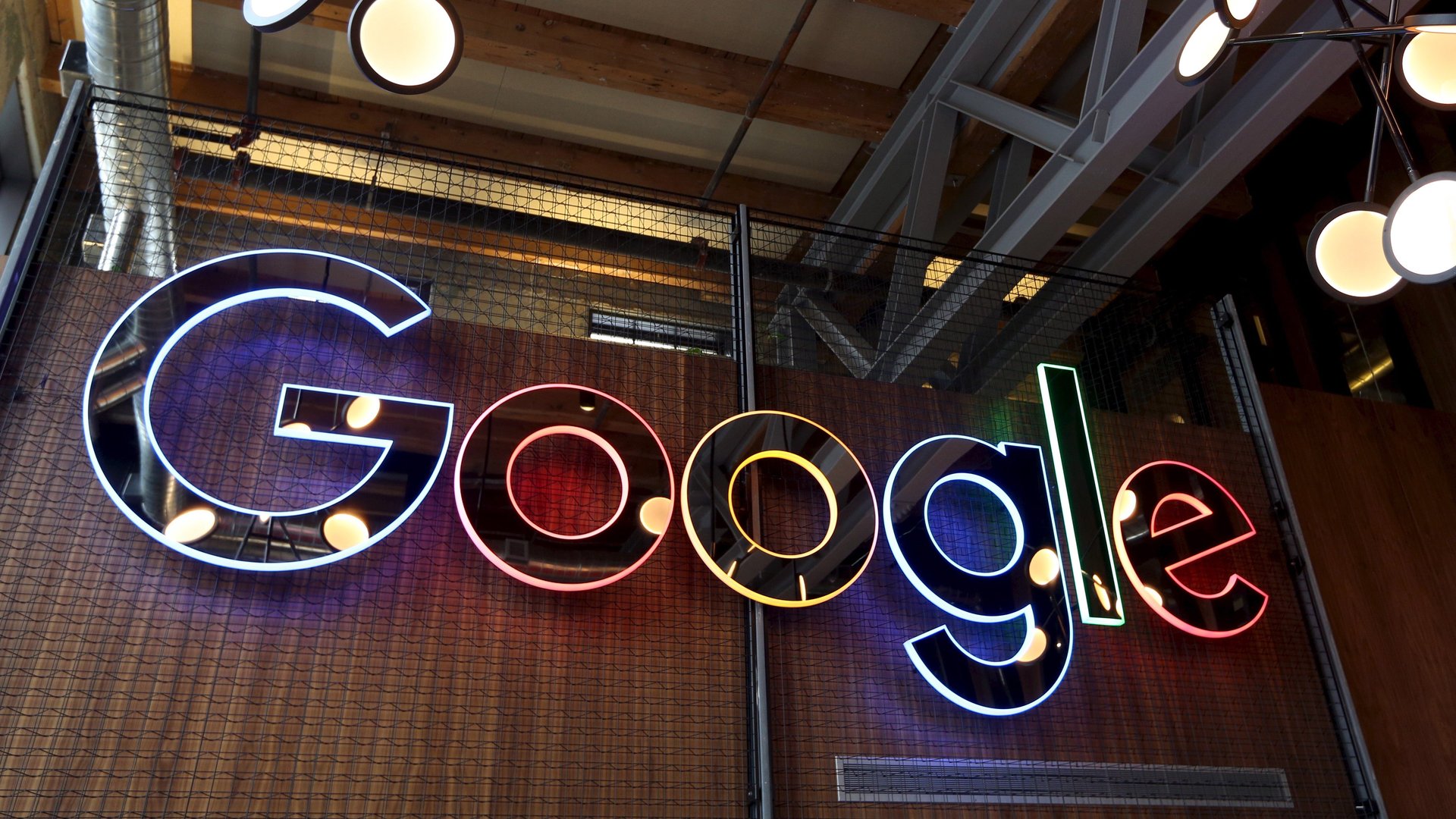What to expect from Alphabet’s earnings
Alphabet is set to report its second-quarter earnings after US markets close today (July 28), and it’s likely to be a mixed bag.


Alphabet is set to report its second-quarter earnings after US markets close today (July 28), and it’s likely to be a mixed bag.
Although it’s been a year since Google announced that it would reorganize into the holding company Alphabet, the story of the company is still dominated by Google. Everything that isn’t under the remit of the search company—from internet-of-things company Nest, to its robotics efforts like Boston Dynamics, and its fiber-optic cable company, Fiber— has been lumped into a group that Alphabet reports as “Other bets.” These bets are so far losers, but they represent Alphabet’s potential to innovate and diversify beyond its core business of search and advertising.
Here’s what to look for in tomorrow’s earnings:
How search is doing
For all of Alphabet and Google’s grand goals in researching how to change the world, the company’s revenues and profits are almost entirely driven by the company’s advertising businesses. In recent quarters, Google has shown it can translate its desktop success to mobile, where an increasing number of Google users spend their time. The question now is whether Google can sustain its dominance in mobile search, and to what extent desktop revenue is still a factor.
Although Google currently dominates the mobile advertising market, analysts are expecting a “moderate slowdown” this quarter, according to MarketWatch, due in part to the continued ascendency and ubiquity of Facebook. Some analysts, including Morgan Stanley’s Brian Nowak in a note shared with Quartz, believe that there still remains a fair a number of Google properties that the company has not explored for advertising. “We still see several underappreciated forward [Google] websites drivers, namely 1) expanded text ads, 2) desktop search, and 3) maps,” Nowak writes.
That means we may well be seeing more ads on Google searches, and on Google Maps. The company announced this week that it had redesigned its maps’ layout for greater clarity, but it also appears to have given greater prominence to labels for locations such as restaurants, bars, and shops. The billion-plus users of Google Maps may be seeing more advertisements for sponsored search results or places to visit as they peruse their maps. Until people have a better solution (here’s looking at you, Apple Maps), Google may well start raking in advertising dollars as we search for the fastest route home.
YouTube’s effect on advertising revenue
Analysts will also scrutinizing whether YouTube has attracted a greater amount of eyeballs over this past quarter, given the increasing number of cord-cutters and new features, like live 360-degree videos, according to SeekingAlpha. YouTube’s billion-strong user base is spending more time watching videos on the platform in recent quarters, according to Morgan Stanley, which will translate into more ad dollars for Google. Investors will be keen to know if this trend has continued.
Whether “Other Bets” are still just bets
The vast majority—over 99%—of Alphabet’s revenue comes from Google. Even Google’s non-advertising revenue—things like Android and music downloads—is relatively minuscule in comparison. But Google has been spending massive amounts of time and money on its other bets, whether that’s laying cable for Fiber, building robots that the military could use through Boston Dynamics, beaming internet from weather balloons at Project Loon, or even trying to cure death at Verily.
While revenue from other bets is growing (albeit very slowly), all of these grand plans are not cheap, and Alphabet’s losses on its other bets has been astronomical, bottoming out at over $1 billion two quarters ago:
It remains to be seen whether Alphabet’s investments in robotics, connectivity, virtual reality, and its myriad other ventures will be able to provide any sort of meaningful revenue for the company, and analysts and investors will be listening for any indication that these investments will pay off in the not-too-distant future.
This quarter will also be the first since the departure Tony Fadell, the CEO of one of Alphabet’s highest-profile other-bet acquisition, Nest. The internet-of-things company, which had been held up as the standard to which Alphabet’s other bets should be judged, has not produced many new products or innovations since joining the Alphabet fold, and there were questions raised over Fadell’s management tactics. Investors will be looking for information on the company’s future.